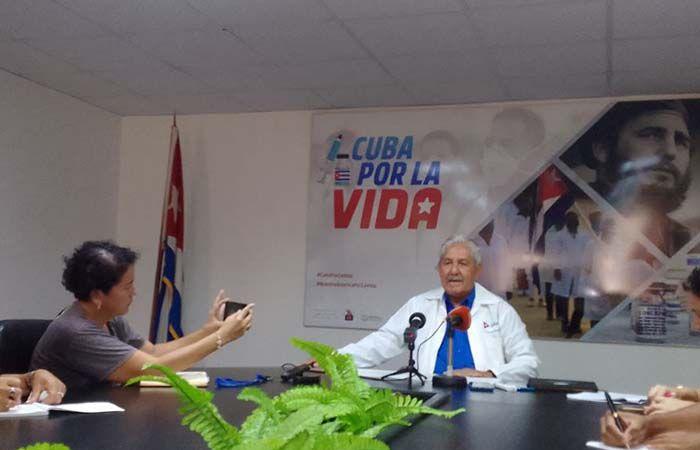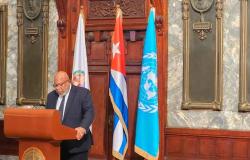Cuba maintains systematic surveillance of febrile syndromes, which is why the presence of the Oropouche virus was detected for the first time in the country in the last week of May, said Francisco Durán García, national director of Epidemiology of the Ministry of Health, in a press conference. Public health.
Given the confirmation of suspected cases in nine provinces and 23 municipalities in the country, the specialist urged the population to go to the doctor immediately if they present symptoms such as high fevers, headaches and joint pains, general malaise, and sometimes vomiting and diarrhea. to determine if this arbovirosis caused by mosquitoes of the genus Culex and Culicoides (gnats) or dengue, which also has a considerable incidence rate in the national territory.
Depending on the clinical picture, comorbidities, and risks, the doctors will decide whether to admit you at home or to a health institution, and in cases where dengue is suspected, it is necessary to attend the polyclinic on the sixth day to have a blood test. blood to confirm this condition, he noted.
He stated that the Oropouche virus does not leave sequelae, the symptoms last an average of 72 hours, although it can leave a general malaise until the sixth day, but mild, without complications, critical states, or deaths, preceded by an incubation period of five to seven days.
He also reported the circulation this year of acute respiratory infections such as Influenza A and non-pandemic coronaviruses, and for their prevention the application of the flu vaccine will begin next month, first to children and then to adults.
Durán García reiterated that the epidemiological scenario is made more complex by the inadequate environmental conditions such as the accumulation of garbage, overflowing pits, intense rains, hence the importance of carrying out sanitation and avoiding accumulations of water that can become breeding grounds for mosquitoes.
He referred to the carrying out of tours throughout the country to evaluate the epidemiological situation of each locality, check organizational measures, preparation exchanges and vector control actions.






